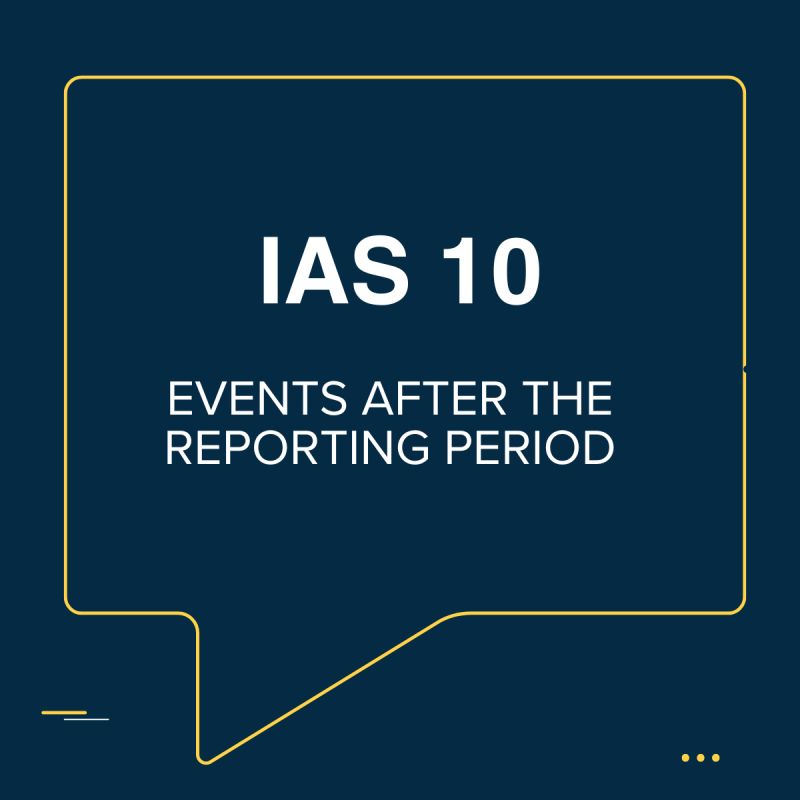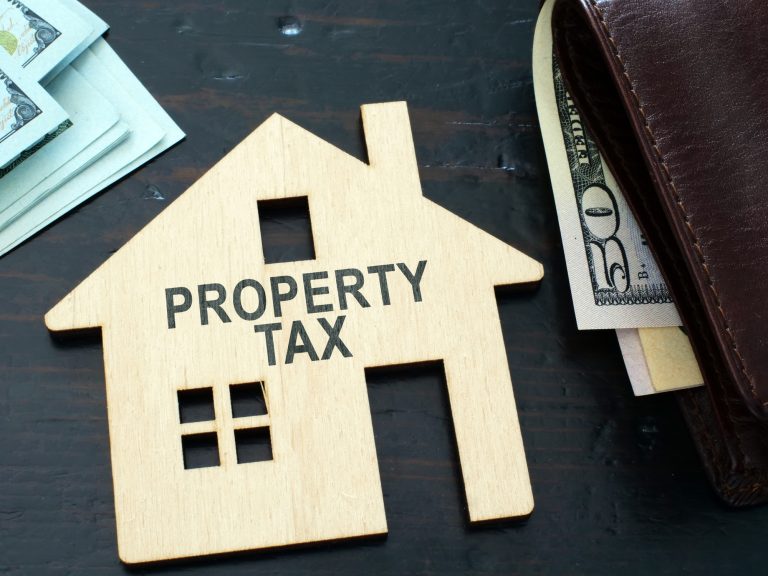IAS 10 Events after the Reporting Period – Adjusting and Non-Adjusting Events Explained
1️⃣ Overview: Understanding IAS 10 Events after the Reporting Period
IAS 10 Events after the Reporting Period sets the rules for handling significant events that occur between the reporting date and the date when financial statements are authorised for issue. In Singapore, accountants must apply IAS 10 to determine whether such events require adjustment or disclosure in financial statements, ensuring compliance with ACRA and IFRS requirements.
This standard is vital for all entities preparing financial reports under IFRS. It ensures stakeholders receive reliable, up-to-date financial information that reflects material changes occurring after year-end but before approval.
2️⃣ Purpose and Scope of IAS 10
IAS 10 applies to all companies using IFRS or Singapore FRS. It distinguishes two main types of events after the reporting period: adjusting events and non-adjusting events. Understanding this distinction helps firms maintain accuracy and transparency in financial reporting.
3️⃣ Adjusting Events under IAS 10
Adjusting events after the reporting period are events that provide evidence of conditions that existed at the reporting date. These events require adjustments to the figures in the financial statements.
Examples:
-
A customer’s bankruptcy confirming a receivable impairment.
-
Settlement of a court case confirming an existing obligation.
-
Discovery of a material error in year-end balances.
Accountants must adjust affected line items before finalising financial statements.
4️⃣ Non-Adjusting Events after the Reporting Period
Non-adjusting events are those that arise after the reporting date and do not relate to conditions existing at that time. These do not change financial figures but require disclosure if material.
Examples:
-
A major fire destroying assets after year-end.
-
Announcing a merger or restructuring after balance date.
-
Declaring dividends post year-end.
IAS 10 requires disclosure of the nature and financial impact of such events (IAS 10.21).
5️⃣ Disclosure and Compliance Requirements
IAS 10.21–22 specifies that firms must:
-
Disclose the nature of each significant event.
-
Provide the estimated financial effect, or state if it cannot be estimated.
In Singapore:
-
ACRA’s FRSP reviews event disclosures for adequacy.
-
IRAS may adjust taxable income if events affect recognised items.
-
Management must reassess going concern status when post-period events raise doubts about viability.
6️⃣ Example: Applying IAS 10 in Practice
Scenario:
uSafe Accounting Pte. Ltd. prepared financial statements for the year ended 31 December 2024, authorised on 15 March 2025.
-
On 5 February 2025, a major client went bankrupt for a 2024 receivable → Adjusting event.
-
On 10 January 2025, a flood damaged office assets → Non-adjusting event, disclose but don’t adjust.
This distinction ensures compliance with IAS 10 and improves audit transparency.
7️⃣ Common Mistakes When Applying IAS 10
-
Treating non-adjusting events as adjusting ones.
-
Failing to disclose material post-period developments.
-
Ignoring going concern reassessment requirements.
-
Inadequate communication between accountants and auditors before authorisation.
8️⃣ Best Practices for Accountants
-
Keep an event log from year-end until authorisation date.
-
Coordinate with auditors on classification and materiality.
-
Include both quantitative and qualitative disclosures.
-
Review IAS 10 compliance during audit planning and closing.
9️⃣ Conclusion
IAS 10 Events after the Reporting Period ensures financial statements reflect both existing conditions and significant post-period developments. For Singapore accounting firms, proper application of IAS 10 strengthens reporting integrity, compliance, and client trust.
Disclaimer: This article is for informational purposes only and does not constitute any professional advice. Feel free to contact us to consult with our professional advisors team for personalized advice and guidance.
Sources: https://www.ifrs.org/issued-standards/list-of-standards/ias-10-events-after-the-reporting-period/




